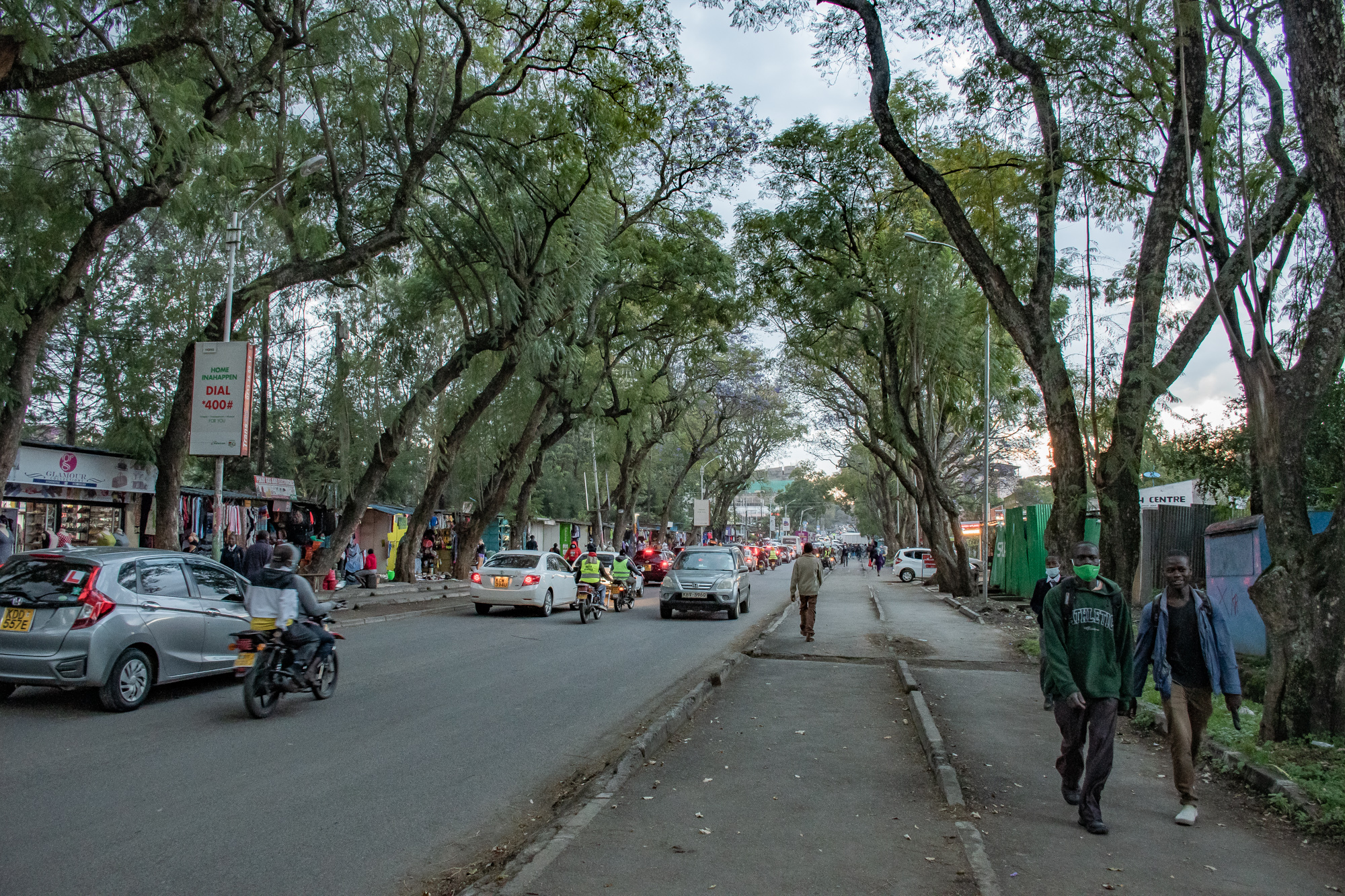22 August 2022
ICLEI at the forefront of climate adaptation planning with African cities



African cities are hard hit by climate change impacts. For over two decades ICLEI Africa has been working with partners and our African cities to support them in developing evidence-based climate resilience plans. In 2022 multiple plans have been co-developed and launched, and the focus is now on implementation, finance and action.
African cities are facing a poly crisis as they tackle the effects climate change and biodiversity loss are having on developmental gains made. Developmental challenges in Africa include[1]:
- 540 million people do not have access to electricity,
- 940 million people lack access to clean cooking, and
- 400 million people do not have access to clean drinking water.
According to the Intergovernmental Panel on Climate Change (IPCC), the population at risk of increased water stress in Africa is projected to be between 350 and 600 million people by the 2050s. In some African countries, projected reductions in yield could be as much as 50% by 2020, and crop net revenues could fall by as much as 90% by 2100, with small-scale farmers being the most affected.
Adapting to climate change in African cities has never been more urgent, but needs to be done with care. Without careful planning, and effective monitoring and evaluation processes, the risk of maladaptation runs high, threatening the already tenuous lives of the poor and vulnerable.
ICLEI Africa has spent decades working with many partners and our African cities to strengthen their understanding of climate risks and has been at the forefront of supporting cities with the necessary climate change planning in response to these risks.
The 50+ plans developed to date have helped to increase understanding of climate change risks by thousands of African stakeholders, and enabled the co-production of realistic, evidence-based and measurable targets, with concrete and practical steps on how these cities can become more resilient, while achieving significant co-benefits (such as reducing poverty and enhanced development).
We are so privileged, as ICLEI Africa, to partner with cities from across the continent, on the development of their comprehensive climate plans. These plans show bold leadership, commitment and foresight, in building more resilient futures for their communities.
Dr Meggan Spires, Director: Climate Change, Energy & Resilience at ICLEI Africa
Nacala in Mozambique and Moroni in Comoros worked with ICLEI Africa to develop their Climate Action Plans (CAPs), and these two CAPs were the continent’s first fully compliant with Global Covenant of Mayors (GCoM) guidance. These two cities have received global recognition for their climate change leadership and dedication.
Most recently, ICLEI Africa and GIZ supported Bobo-Dioulasso (Burkina Faso), Nakuru County (Kenya), the Abuja Municipal Area Council (AMAC) (Nigeria) and Garoua (Cameroon) in developing their climate plans or Sustainable Energy and Climate Action Plans (SEACAPs)[2] as part of their commitment to the Covenant of Mayors in Sub-Saharan Africa (CoM SSA) initiative (the regional covenant of GCoM).
These four climate plans are some of the most comprehensive ever developed, and were based off approximately 4 000 household surveys, 75 000 data points, and 30+ workshops with 200+ national and city level staff members.
Through these plans, these cities are taking bold action:
- Nakuru County has committed to increasing access to clean water to 80% and access to sanitation to 100% by 2030;
- Garoua plans to ensure that 70% of its housing areas are protected from floods and plans to restore 75% of its biodiversity in degraded areas by 2030; and
- Abuja aims to ensure that 90% of rural households have access to clean water by 2030.
Building on the lessons learnt and insights gained through the wonderful opportunities that ICLEI Africa has had over the years in working with cities on their climate planning, we are scaling up our focus on implementation, unlocking finance for our cities and supporting them in taking bold action to address, with urgency, the climate crisis in systemic ways that will also address the many other challenges our continent is facing. Our team is geared for this and, through initiatives such as LearnWithICLEIAfrica and many others, we are looking forward to deepening our support to our Members and to work with many more cities towards a shared, thriving urban future for Africa
Dr Kobie Brand, Regional Director, ICLEI Africa & Deputy Secretary General, ICLEI
[1] International Energy Agency (IEA): SDG7: Data and Projections – Analysis – IEA
[2] SEACAPs are a core component of the CoM SSA initiative, a European initiative co-funded by the European Union (EU), the German Federal Ministry for Economic Cooperation and Development (BMZ), and the Spanish Agency for International Development Cooperation (AECID). CoM SSA provides technical support and advice to cities through three pillars of action: (1) climate planning, including the development of SEACAPs; (2) technical assistance to support local governments in implementing climate and energy infrastructure projects; and (3) knowledge exchange, e.g. through city-to-city partnerships.


